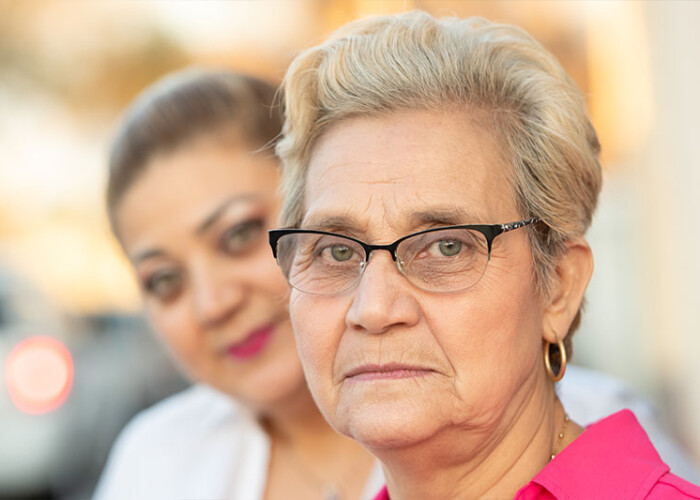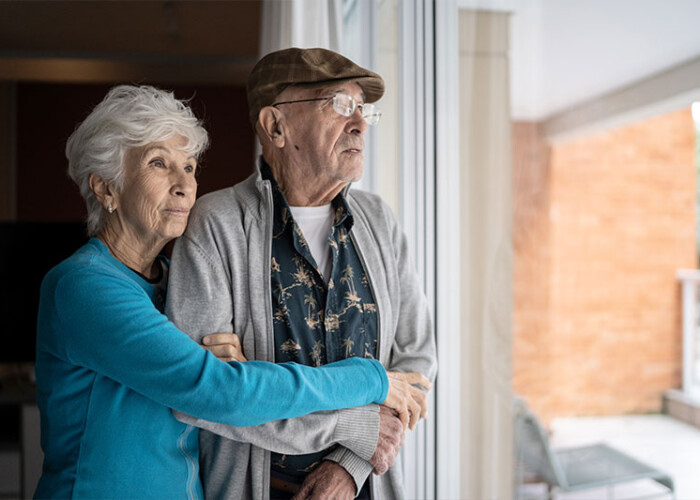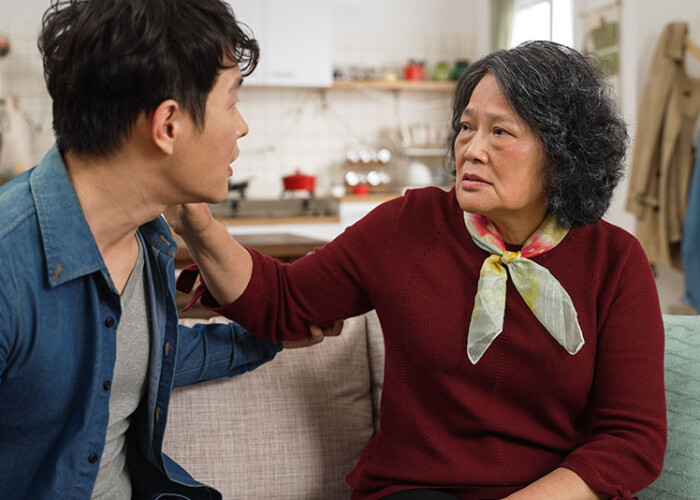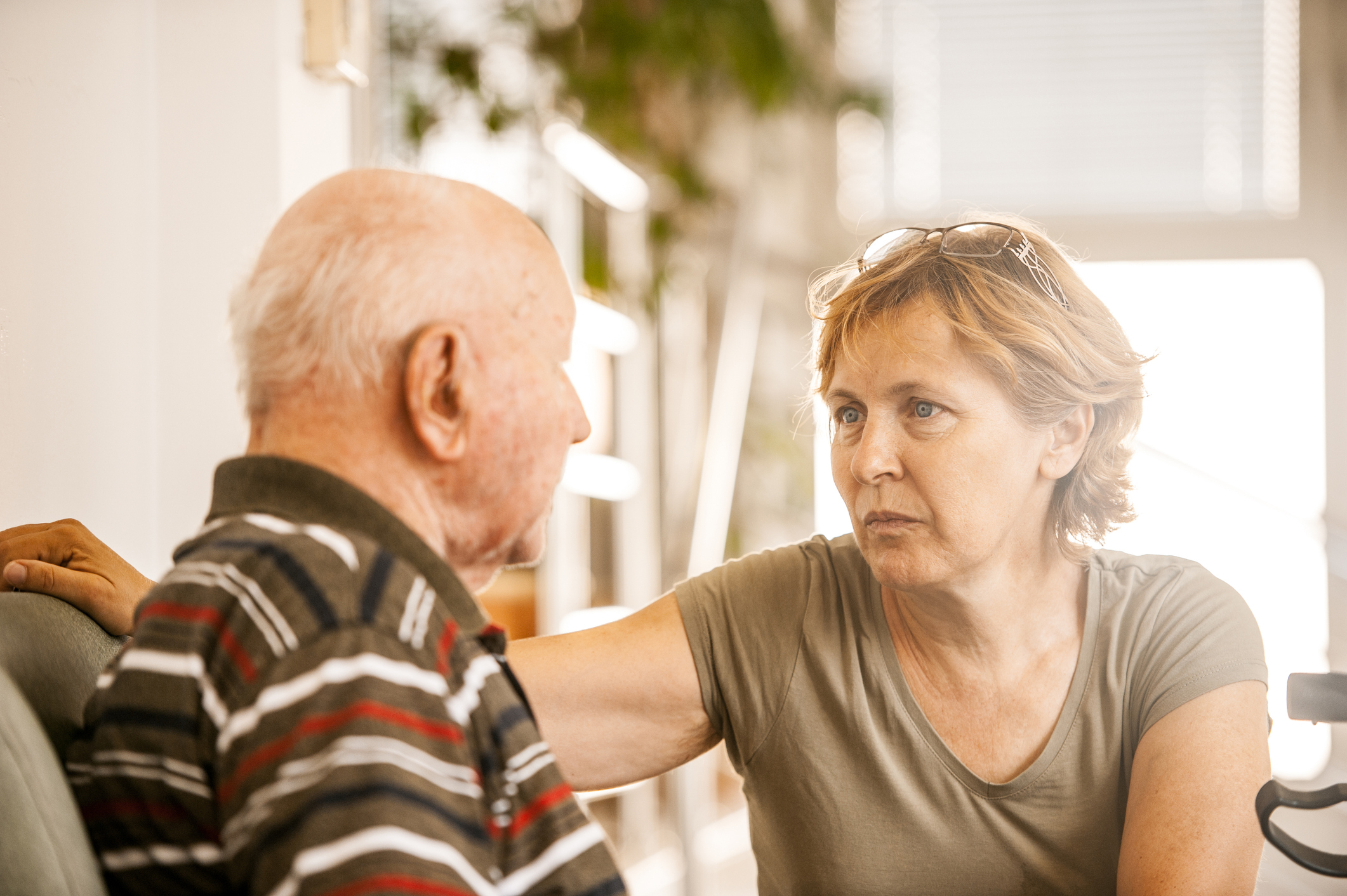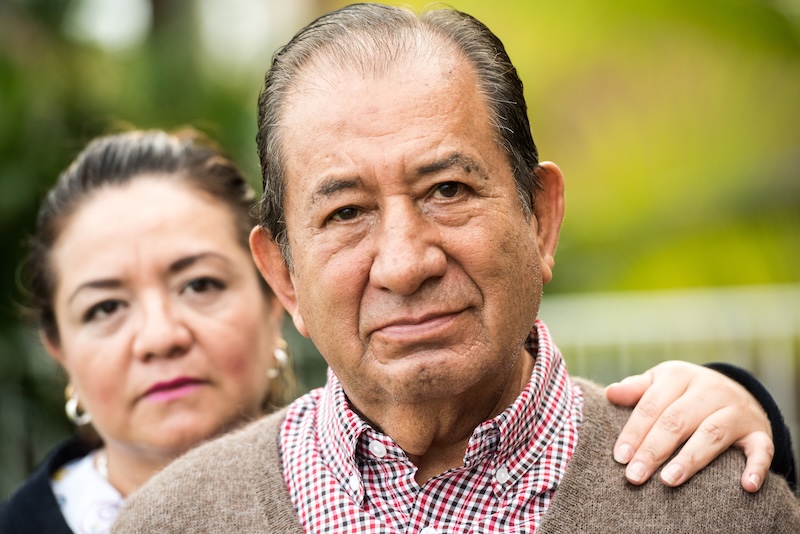Caregiver Empathy
Breaking Free From Caregiver Guilt Starts With One Small Step
Letting go of caregiver guilt opens the door to peace, balance, and renewed strength.
If you’ve ever said, “I’ll handle that once Mom’s settled,” or “There’s just no time for me right now,” you’re not alone. Nearly every family caregiver has been there — caught in the trap of self-sacrifice and caregiver guilt. It feels noble to put your needs last. After all, someone you love depends on you.
Supporting Family Caregivers Means Supporting the Entire Community
Supporting family caregivers builds stronger communities.
You’ve probably heard the saying, “It takes a village.” But what happens when the villagers—the caregivers—are exhausted? Supporting family caregivers is vitally important for the caregivers themselves, but also for the community as a whole.
We Hear You! Here’s the Family Caregiver Support You’re Telling Us You Need.
When caregivers were asked what they really needed, here’s what they had to say about family caregiver support.
It might be hard to imagine feeling invisible when you spend so much time with someone you love, but for many family caregivers, it’s a common theme. They describe their daily role as both rewarding and exhausting—a balancing act where their loved one’s needs come first and their own often fall last. Over time, that imbalance can take a toll.
Time Management Tips for Caregivers Who Feel Stretched Too Thin
Time management for caregivers is possible with the right support, structure, and a little help from Hired Hands Homecare.
How much extra time do you have on your hands? If you’re like most family caregivers, the answer is probably… not much. Between appointments, meal prep, medication reminders, housework, and all the unexpected challenges that pop up in a day, carving out time just for yourself can feel impossible.
The Unexpected Challenges of Supporting an Older Adult Through Grief
Loss is never easy, but it tends to feel even heavier with age. After a lifetime of building meaningful relationships, each goodbye can feel like a piece of the heart breaking away. If you’re supporting an older adult through grief, you may feel unsure of what to say or do, but your presence and empathy can make all the difference.
What to Expect Emotionally When Your Caregiving Role Ends
Knowing what to expect emotionally when your caregiving role ends can help you heal, reflect, and begin to rediscover yourself.
When caregiving becomes your full-time reality, it can be hard to imagine life any other way. So, when that chapter comes to a close, the quiet that follows can feel overwhelming. If you’re struggling with what to expect emotionally when your caregiving role ends, you’re not alone. This transition brings a wide mix of feelings that can be confusing, unexpected, or even contradictory.
When Love Feels Heavy: How to Cope With Spousal Caregiver Resentment
Spousal caregiver resentment can leave you riddled with guilt, but you can overcome it with the right support.
You meant every word of those vows: through sickness and health, for better or worse. But no one warned you how exhausting it might feel to live those promises day in and day out as a caregiver. If you’re feeling overwhelmed, frustrated, or even resentful while caring for your spouse, take a deep breath: you’re not failing, you’re just human.
How Can You Prioritize Privacy as a Caregiver?
Make sure to prioritize privacy as a caregiver to protect your health and well-being.
Think back to your teenage years. Remember how important it was to find a safe place to be by yourself, to shut out the world, turn up the music, and write your most secret thoughts in your diary?
The need for privacy that began then may become overshadowed when providing care for someone else. Yet it’s still vitally important to be able to separate yourself both physically and mentally from your caregiving role to take time for yourself and prioritize privacy as a caregiver.
How Can a Caregiver Make Privacy a Priority?
Frankly, it isn’t always easy. You may feel as though you need to always have at least one ear and eye open to the needs of the person in your care. There … Read More »
Could You Be Experiencing Caregiver PTSD?
Caregiver PTSD is, surprisingly, the most common form of post-traumatic stress disorder.
When you think of PTSD (post-traumatic stress disorder), your mind might conjure images of soldiers returning from battle or individuals who’ve faced extreme life-threatening events. While PTSD is certainly linked to those experiences, it isn’t confined to them. In fact, PTSD can develop after any deeply distressing event—including providing care for a family member. Surprising, isn’t it? Caregiver PTSD is a significant yet often overlooked issue, as the focus is typically placed on the person receiving care rather than the caregiver’s emotional and mental health.
How to Handle Loss of Recognition in Dementia
Loss of recognition in dementia is never easy to accept, but these tips will help.
You’ve been caring for your mom since her dementia diagnosis, doing your best to manage the ups and downs of the disease. One day, she looks at you with a blank stare or calls you by the name of someone else—a sibling, her spouse, or even her own parent. The sting of the loss of recognition in dementia is overwhelming. Should you correct her? Ignore it? Or embrace the new role she’s assigned you?
Recognition loss is one of dementia’s most heartbreaking effects. Watching someone you love struggle to connect the dots of who you are is never easy. However, how you respond in these moments can shape the interaction and bring peace to the person you love.
How to Respond to Recognition … Read More »





